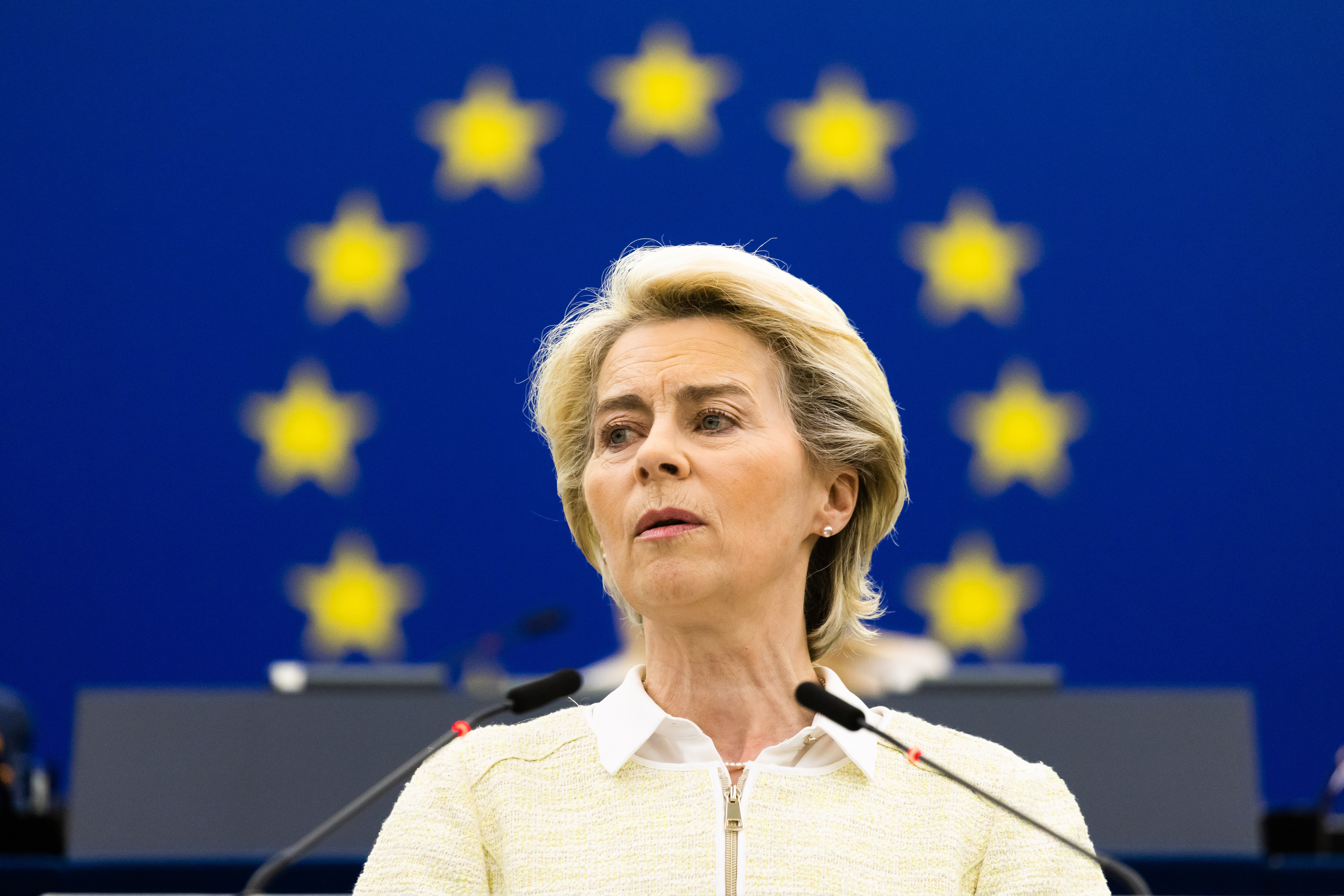In the midst of a major European energy crisis that may worsen with the arrival of winter and for which new measures to lower consumption have already been approved, the resumption of the construction of the Midcat gas pipeline through the eastern Pyrenees has been put back on the table. One of the parties involved, the Spanish state, is totally in favour of completing the 226-kilometre section from Hostalric (Catalonia) to Barbairan (Occitania). Prime minister Pedro Sánchez affirmed this following the proposal of the German chancellor, Olaf Scholz, although he has since encountered the rejection of the junior partner in his own coalition government, Unidas Podemos. The alternative left grouping do not see the plan in a good light because of the ecological impact of a gas pipeline, as well as its high cost and the fact that the construction would take too long. North of the Pyrenees, the other main party, the French government, has for the moment also refused and stated its rejection of the project. In this situation, Brussels has decided to have its say and it appears to favour the vision of the German government and the Spanish Socialists, given that it has opened the door to financing the project, thus responding to the objections based on cost. However, the European Commission's condition is that the two member states find their way to an agreement, and that is a road that France does not seem very motivated to take.
Anti-ecological and too expensive?
The Midcat is an attractive project for the European Union because it allows progress in the interconnection between some of its member states. For this very reason, the president of the European Commission, Ursula von der Leyen, has shown herself in favour of this type of initiative, since it would allow a step forward in the total disconnection from Russian petroleum products. The Midcat, however, has been at a standstill for 10 years without further progress being made. The euphoria of both Scholz, especially linked to the energy squeeze over Russia, and Sánchez collides with the negative reports that have been published over recent years that echo the line taken by both France and Podemos: it is too expensive and bad for the environment.
In the Spanish government palace, despite the refusal of the coalition partners, they have insisted that the project could be reactivated to improve the link to central and northern Europe for the natural gas that reaches Iberia from North Africa via two pipelines as well as ship - Spain has more Liquified Natural Gas (LNG) terminals than any other EU country. For the Sánchez executive, the money was the major problem and it is precisely here that Brussels has stepped in. According to the newspaper El Mundo, the Commission has assured that it is "prepared to fund projects that match the objectives set by the REPower EU plan. With our proposals, we are making European funds available to member states, in addition to those available under the Connecting Europe Facility, aimed at projects of common interest".
Green hydrogen, essential for support from Brussels
However, support (and funding) from Brussels will not be a blank cheque, as the Commission's demand is that the use of the Midcat transcends fossil fuel and that it have the capacity to be used in the future for the transport of green hydrogen, following the path of ecological transition. The European Commission reflected that "a cross-border infrastructure like this be evaluated more on long-term criteria in order to take advantage of the great potential for renewable hydrogen that the Iberian Peninsula and North Africa have", El Mundo reported.

